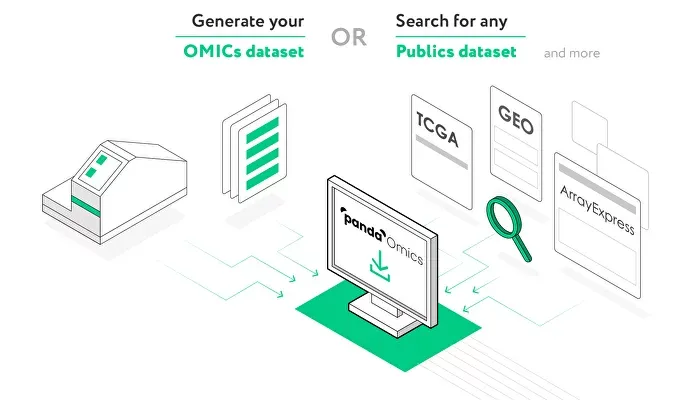
The University of Zurich (UZH) and Insilico Medicine, which is based in New York, Hong Kong, Montreal and Abu Dhabi, have identified a highly promising drug to treat cystinosis. It has already been approved and could offer hope to children with the most common and severe form of this rare lysosomal storage disease, which often leads to kidney failure and the need for a transplant before the age of ten. According to a press release issued by UZH, the disease affects around 1 in 100,000 to 200,000 newborns around the world, although no cure has so far been found.
UZH and Insilico jointly researched the mechanism of this kidney disease using model systems and the PandaOmics platform developed by Insilico. On this platform, sophisticated AI algorithms propose workable hypotheses for novel drug targets, reducing the time required from several months to just a few clicks in the process, according to Insilico. Their findings uncovered a connection between the regulation of a protein called mTORC1 and the disease.
The researchers then searched the platform for existing and approved drugs that could potentially be used to treat cystinosis. In this way, they were led to identify rapamycin. According to the press release, studies in cell cultures and model systems showed that rapamycin restored lysosomal activity and rescued cellular functions. Although further clinical investigations are now required, research group leaders Olivier Devuyst and Alessandro Luciani believe “that these results, obtained through unique interdisciplinary collaboration, bring us closer to a feasible therapy for cystinosis patients”. ce/mm
Related news
Meet with an expansion expert
Our services are free of charge and include:
- Introduction to key contacts in industry, academia, and government
- Advice on regulatory framework, taxes, labor, market, and setting up a company
- Custom-made fact-finding visits, including office and co-working space